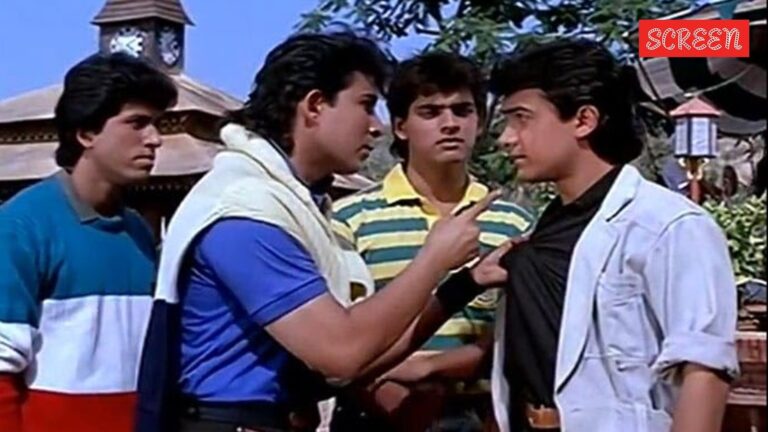Be it for the right or wrong reasons, it’s doubtful whether contemporary Bollywood has anyone who can make headlines quite like Kangana Ranaut. Even her Instagram stories often grab significant attention, let alone her interviews. After her much-delayed visit to her flood-hit parliamentary constituency of Mandi in Himachal Pradesh drew widespread criticism, Kangana’s unfiltered admission that she isn’t enjoying her first stint as an MP raised further eyebrows. She even described politics as a “very expensive hobby”.
What drew the most criticism, however, was a comment she made during her visit to Mandi, where she stated that she does not have any official Cabinet to provide disaster relief. Recently, the actor-turned-politician went a step further, claiming that even panchayats and Members of Legislative Assemblies (MLAs) have larger budgets than Members of Parliament (MPs). She also alleged that nobody respects parliamentarians.
“A lot of MPs end up feeling very frustrated, and we talk to each other (about such matters). It’s not like others have some privileges; you just struggle with a lot. You (the MPs) are the connecting link between the state and the Centre. So, you are basically nowhere. We are like twilight,” she claimed during a chat with Times Now, emphasising that parliamentarians are often left “floundering” in the middle.
“When you go to your state, you don’t have a single place where you’re grounded or connected, or where you’re running a project. And when you go to the Centre, you’re always waiting in queues outside ministers’ offices. A lot of MPs also complain that even a panchayat or an MLA has a lot more budget than an MP. They don’t respect us,” she alleged.
Highlighting the establishment of District Development Coordination and Monitoring Committees (DISHAs) as a welcome development, she added, “The job (of an MP) demands a lot of communication. DISHA is a huge step. If we did not have the privilege or power to ask the deputy commissioner or those who clearly work under the state government, it (the position of a parliamentarian) would be a redundant place to be in. It (DISHA) was, I think, created because of this frustration: ‘What’s our place and work? What are we supposed to do and where?’ Also, MLAs are very territorial, and ministers are preoccupied with a lot of businesses. Meanwhile, you (MPs) are in the middle, floundering.”
























